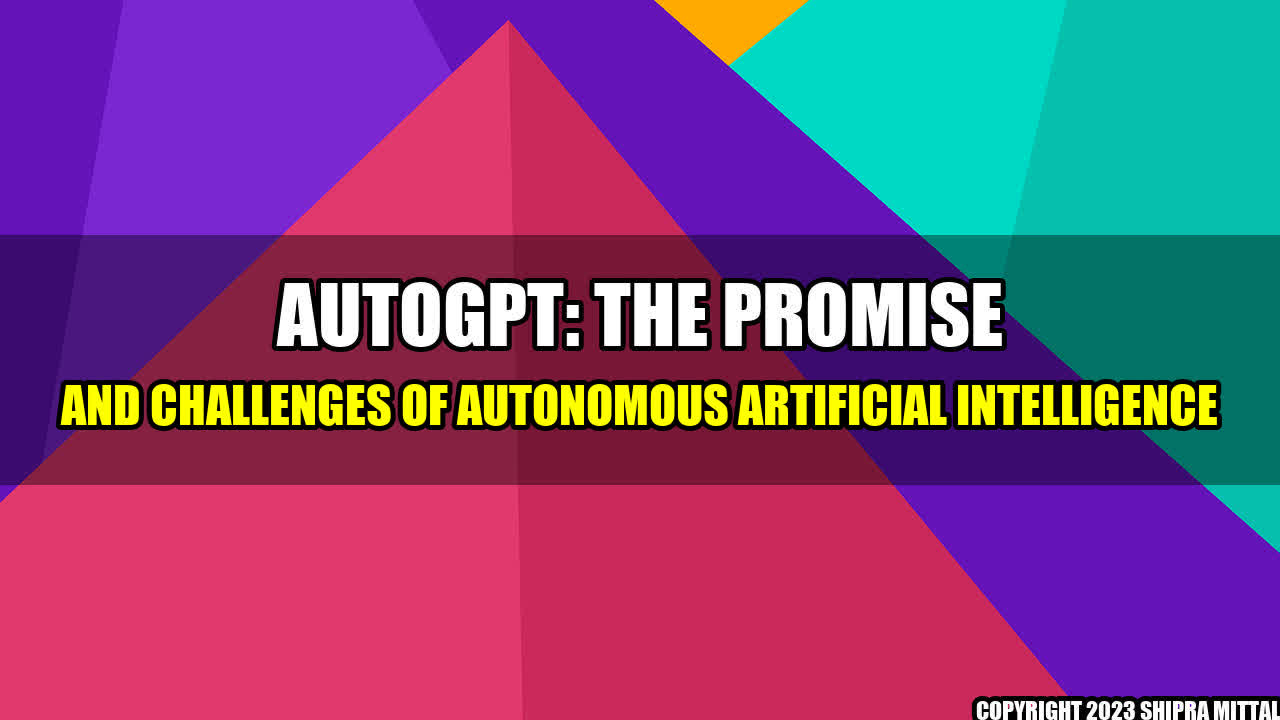Imagine a future where you wake up in the morning, and your car drives you to work without needing any instruction from you. You sit in the back seat, reading the news on your phone, as your car expertly navigates through traffic. This is the promise of autonomous artificial intelligence, and it's closer than you might think.
Real-life examples of autonomous AI are already here. Companies like Tesla, Google, and Uber have been developing self-driving vehicles for years, and they're getting better every day. These cars use sensors and algorithms to "see" the road and make decisions based on their surroundings. They can avoid obstacles, stay in their lane, and even stop at red lights.
But the road to fully autonomous AI is not without its challenges. One of the biggest hurdles is trust. People are understandably wary of putting their lives in the hands of a machine. There have been accidents involving self-driving cars, and these incidents have made headlines, causing some people to question the safety of this technology.
Another challenge is regulatory. Governments around the world are struggling to keep pace with the rapid development of autonomous AI. There are issues around liability, insurance, and ethical considerations, such as how to program a car to make decisions in life-and-death situations.
Despite these challenges, the promise of autonomy is too strong to ignore. Companies are investing billions of dollars into the development of self-driving cars, and the potential benefits are enormous. For one, it could save lives. The vast majority of car accidents are caused by human error, so removing humans from the equation could drastically reduce the number of fatalities on our roads. Autonomy could also help reduce congestion, improve fuel efficiency, and make transportation more accessible to people who cannot drive.
In conclusion, autonomous AI is both exciting and daunting. The technology is advancing rapidly, and it's only a matter of time before we see self-driving cars on our roads. However, there are still obstacles to overcome, and we must approach this technology with caution. We need to ensure that autonomous AI is developed ethically, and that we create a regulatory framework that can keep pace with these advancements.

Akash Mittal Tech Article
Share on Twitter Share on LinkedIn